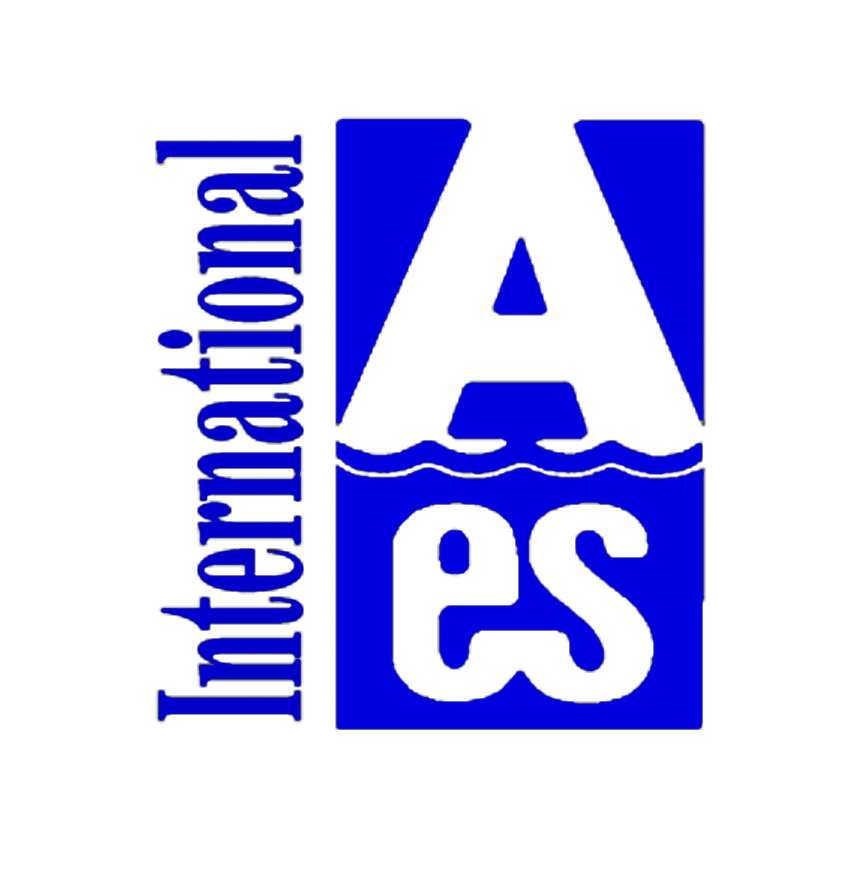September
Dr. Farrokh Nourzad
Professor of Economics at Marquette University
For our September member of the month the IAES welcomes Dr. Farrokh Nourzad. Dr. Nourzad Joined Marquette University in 1981 after earning his PhD and MA in economics from the University of Kansas. He is a former chair of the Economics Department and the current director of the MS in Applied Economics Program. He has published more than forty articles in such professional journals as Journal of Macroeconomics, Journal of Money Credit and Banking, Review of Economics and Statistics, Applied Economics, Journal of Post Keynesian Economics, the National Tax Journal, Journal of Economics and Business, and Journal of Economicsand Finance, and European Journal of Political Economy.
Why did you become a member of the International Atlantic Economic Society?
What types of projects/research are you currently working on and what inspired/motivated you to pursue these interests?
Currently, I am working with two colleagues on the differential effects of worldwide (residence-based) versus territorial (source-based) taxation by capital exporting countries on the inflow of FDI into the United States. Another research project I am working on with colleagues is the effect of free-trade agreements on the volatility of stock market returns and bilateral exchange rates. Finally, I am researching the effect of financial development on income inequality in a cross-section of countries.
What advice would you give to someone who is considering entering your line of work/field of study?
Familiarize yourself with the recent and not-so-recent literature, and develop solid quantitative skills in dynamic optimization modeling as well as advanced econometrics.
Going forward, what other projects/research are you looking to or hoping to pursue?
What’s your favorite hobby?


